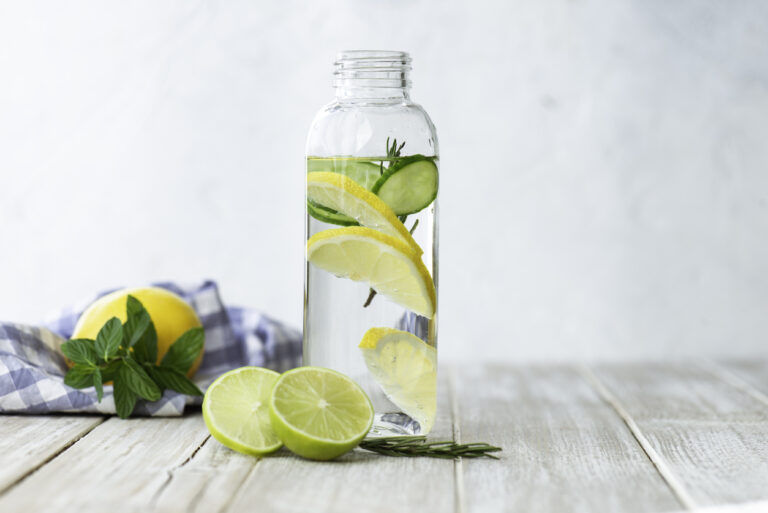In a world where wellness trends come and go, detoxes and cleanses have emerged as popular buzzwords, promising a quick and effective way to reset the body and revitalise health.
From juice cleanses to restrictive diets, these programmes claim to eliminate toxins, boost energy levels and kick-start weight loss. However, as the popularity of detoxes has increased, so has scepticism among health experts.
The concept of detoxification
Detoxes date back to around 2000 BCE when ancient Greek and Egyptian civilisations believed that the food they consumed contained toxins harmful to the body. In response to this perceived threat, fasting and days of self-denial became common practices.
At its core, the concept of detoxification is based on the idea of eliminating harmful substances, or “toxins” from the body. Proponents argue that our modern lifestyles expose us to myriad pollutants, processed foods and environmental toxins that can accumulate in our bodies, leading to fatigue, digestive issues and a range of health problems. Detoxes have become a means to cleanse the system and restore balance.
Arguments against detoxes
The human body possesses remarkable natural detoxification mechanisms, primarily centred around the liver, kidneys and digestive system. These organs work tirelessly to neutralise and eliminate toxins, ensuring the body functions optimally. Critics of detox diets argue that the body does not need external interventions to detoxify, as it is well equipped to perform this function on its own.
Types of detox programmes
Detox programmes come in various forms, ranging from juice cleanses to fasting and specialised diets. Juice cleanses, for instance, involve consuming only fruit and vegetable juices for a designated period, while fasting may require abstaining from solid food altogether. Some detoxes incorporate supplements, herbs or even colon cleanses with the aim of enhancing the elimination of toxins.
Potential benefits
Advocates of detoxes often report feeling increased energy, improved digestion and even weight loss after completing a cleanse. Some studies suggest that certain components of detox diets, such as increased water intake and a focus on fruits and vegetables, can contribute positively to health. Additionally, the psychological impact of completing a detox may lead individuals to make healthier choices and adopt better lifestyle habits.
Risks and limitations
The body’s natural detoxification processes may be disrupted and the immune system could be compromised. Moreover, the weight loss observed during a cleanse is often water weight and may not be sustainable in the long term.
Individual variability
According to experts, one critical factor in the effectiveness of detoxes is individual variability. Each person’s body responds differently to dietary changes and detox programmes. What works for one individual may not yield the same results for another. Factors such as age, overall health and pre-existing conditions all play a role.
Overall, detoxes and cleanses have been picked up on by many people seeking a quick fix for health concerns. While there may be anecdotal evidence supporting the benefits, scientific backing is limited and potential risks exist.
If it’s the route you choose, consulting with a healthcare professional before you start ensures a safer approach, however many doctors insist that nothing beats a balanced and varied diet, regular exercise and lifestyle habits that support the body’s natural detoxification processes.

